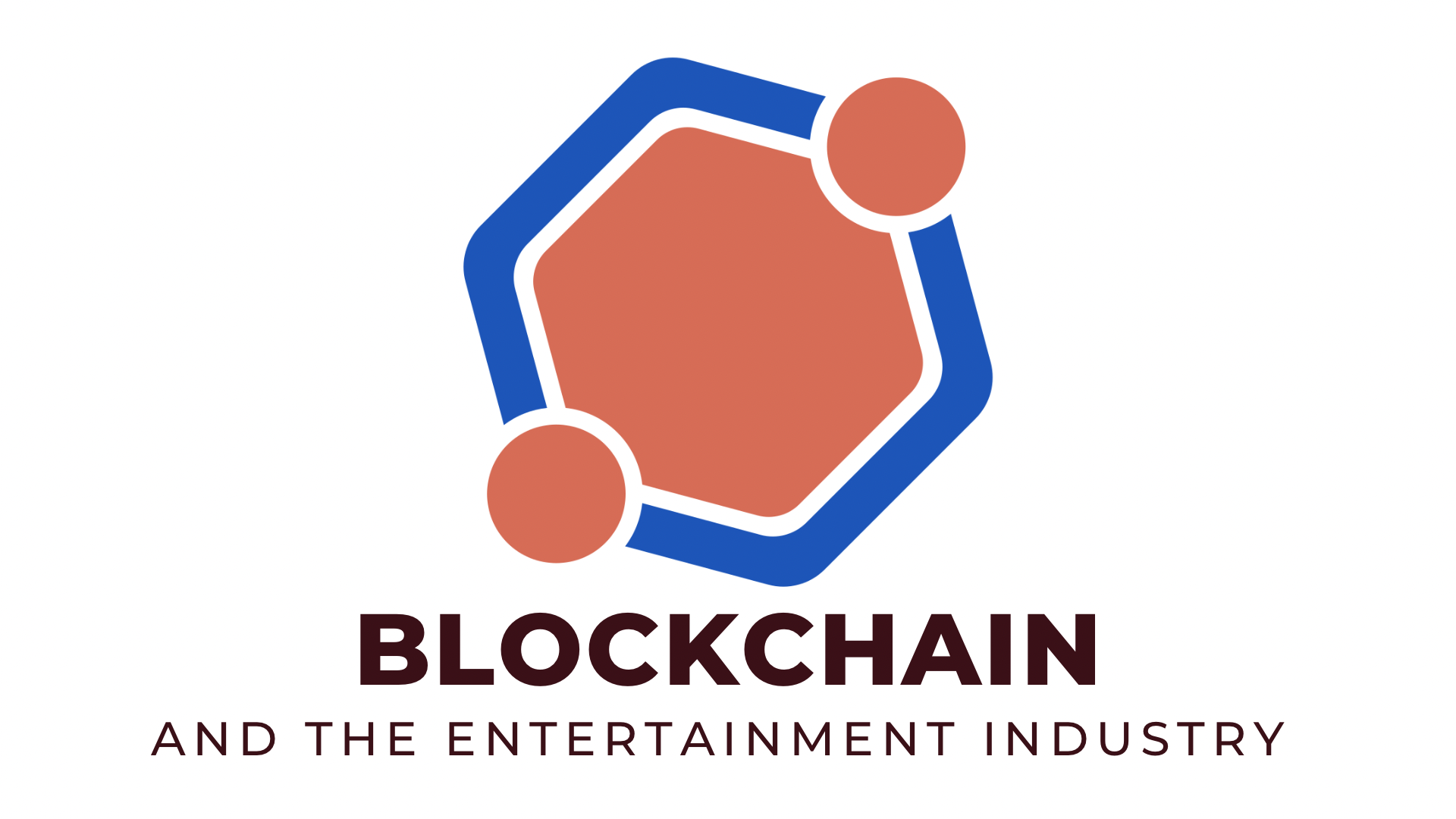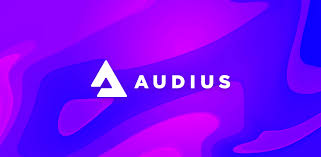
Blockchain technology has become a game-changer in the music industry, opening up new opportunities for artists, songwriters, and music publishers. With the advent of blockchain interoperability through the Inter-Blockchain Communication (IBC) protocol, different blockchains can now communicate and exchange data with each other, making them interoperable^\[1]. This technology has enabled platforms like Audius^\[2] and Secret Network^\[3] to create more decentralized and secure markets for music, allowing artists to distribute their music directly to fans and monetize their work more effectively.
The music industry has always been a complex business, involving the administration of copyrights, the negotiation of licenses, and the collection and distribution of royalties. However, in the web3 world, there are new opportunities for music publishers to create decentralized protocols and tools that can help them to manage and monetize their music catalogs more effectively. These tools can help music publishers to streamline their operations, reduce costs, and increase transparency.
One such tool is the Open Music Initiative (OMI)^\[4], a nonprofit organization that is working to create a global, decentralized database of music rights and permissions. The OMI’s goal is to make it easier for music publishers to manage their copyrights and licenses and to ensure that artists and songwriters are properly compensated for their work. By using blockchain technology, the OMI can create a secure and transparent platform that can be used by music publishers around the world.
The OMI’s mission is to create a more equitable music industry, where artists and songwriters have more control over their work and are fairly compensated for their contributions. This mission is shared by many in the music industry, who see blockchain technology as a way to create a more decentralized and democratic music ecosystem. By empowering artists and songwriters to take control of their music and connect directly with fans, blockchain technology is helping to create a more vibrant and engaged community around music.
One platform that is already making waves in the music industry is Audius, a decentralized music streaming platform that uses blockchain technology to create a more decentralized platform and market^\[2]. Audius allows artists to distribute their music directly to fans, giving them more control over their music and helping them to earn more money from their work. Audius also has a built-in social network that allows artists to connect with fans and collaborate with other artists, creating a more vibrant and engaged community around music.
Audius is a great example of how blockchain technology can be used to create a more robust and decentralized music industry. By removing intermediaries like record labels and streaming services, Audius is helping to create a more direct relationship between artists and fans. This is empowering for artists, who can now control the distribution and monetization of their music, and for fans, who can discover and support new artists more easily.
Another platform that is worth mentioning is Secret Network, a privacy-focused blockchain that allows developers to build decentralized applications (dApps) that can keep data private and secure^\[3]. One of the most exciting applications of Secret Network are Secret NFTs, which allow artists to create and sell NFTs that are completely private and secure. This is a game-changer for the music industry, as it means that artists can create unique and valuable digital assets that are completely protected from theft and piracy.
Secret Network is a great example of how blockchain technology can be used to create more secure and private markets for music. By using Secret NFTs, artists can create digital assets that are completely protected from theft and piracy, allowing them to monetize their work more effectively. This is empowering for artists, who can now create and sell unique digital assets that are completely secure, and for fans, who can support their favorite artists more directly.
The music industry has always been a challenging business, but blockchain technology is helping to create a more equitable and decentralized ecosystem for music. By empowering artists and songwriters to take control of their work and connect directly with fans, blockchain technology is helping to create a more vibrant and engaged community around music. With platforms like Audius and Secret Network leading the way, the future of music looks bright and full of possibilities.
CONTACT US
Sources:
1. “What is the Inter-Blockchain Communication Protocol (IBC)? – Coinbase.” Coinbase. <https://www.coinbase.com/cloud/discover/dev-foundations/ibc-protocol>
2. “Audius.” Audius. <https://audius.co/>
3. “Secret Network.” Secret Network. <https://scrt.network/>
4. “Open Music Initiative.” Open Music Initiative. <https://www.open-music.org/>

Blockchain technology has become a game-changer in the music industry, opening up new opportunities for artists, songwriters, and music publishers. With the advent of blockchain interoperability through the Inter-Blockchain Communication (IBC) protocol, different blockchains can now communicate and exchange data with each other, making them interoperable^\[1]. This technology has enabled platforms like Audius^\[2] and Secret Network^\[3] to create more decentralized and secure markets for music, allowing artists to distribute their music directly to fans and monetize their work more effectively.
The music industry has always been a complex business, involving the administration of copyrights, the negotiation of licenses, and the collection and distribution of royalties. However, in the web3 world, there are new opportunities for music publishers to create decentralized protocols and tools that can help them to manage and monetize their music catalogs more effectively. These tools can help music publishers to streamline their operations, reduce costs, and increase transparency.
One such tool is the Open Music Initiative (OMI)^\[4], a nonprofit organization that is working to create a global, decentralized database of music rights and permissions. The OMI’s goal is to make it easier for music publishers to manage their copyrights and licenses and to ensure that artists and songwriters are properly compensated for their work. By using blockchain technology, the OMI can create a secure and transparent platform that can be used by music publishers around the world.
The OMI’s mission is to create a more equitable music industry, where artists and songwriters have more control over their work and are fairly compensated for their contributions. This mission is shared by many in the music industry, who see blockchain technology as a way to create a more decentralized and democratic music ecosystem. By empowering artists and songwriters to take control of their music and connect directly with fans, blockchain technology is helping to create a more vibrant and engaged community around music.
One platform that is already making waves in the music industry is Audius, a decentralized music streaming platform that uses blockchain technology to create a more decentralized platform and market^\[2]. Audius allows artists to distribute their music directly to fans, giving them more control over their music and helping them to earn more money from their work. Audius also has a built-in social network that allows artists to connect with fans and collaborate with other artists, creating a more vibrant and engaged community around music.
Audius is a great example of how blockchain technology can be used to create a more robust and decentralized music industry. By removing intermediaries like record labels and streaming services, Audius is helping to create a more direct relationship between artists and fans. This is empowering for artists, who can now control the distribution and monetization of their music, and for fans, who can discover and support new artists more easily.
Another platform that is worth mentioning is Secret Network, a privacy-focused blockchain that allows developers to build decentralized applications (dApps) that can keep data private and secure^\[3]. One of the most exciting applications of Secret Network are Secret NFTs, which allow artists to create and sell NFTs that are completely private and secure. This is a game-changer for the music industry, as it means that artists can create unique and valuable digital assets that are completely protected from theft and piracy.
Secret Network is a great example of how blockchain technology can be used to create more secure and private markets for music. By using Secret NFTs, artists can create digital assets that are completely protected from theft and piracy, allowing them to monetize their work more effectively. This is empowering for artists, who can now create and sell unique digital assets that are completely secure, and for fans, who can support their favorite artists more directly.
The music industry has always been a challenging business, but blockchain technology is helping to create a more equitable and decentralized ecosystem for music. By empowering artists and songwriters to take control of their work and connect directly with fans, blockchain technology is helping to create a more vibrant and engaged community around music. With platforms like Audius and Secret Network leading the way, the future of music looks bright and full of possibilities.
CONTACT US
Sources:
1. “What is the Inter-Blockchain Communication Protocol (IBC)? – Coinbase.” Coinbase. <https://www.coinbase.com/cloud/discover/dev-foundations/ibc-protocol>
2. “Audius.” Audius. <https://audius.co/>
3. “Secret Network.” Secret Network. <https://scrt.network/>
4. “Open Music Initiative.” Open Music Initiative. <https://www.open-music.org/>
Related Posts
Navigating the Digital Landscape: Empowering Data Owners, Blockchain Interoperability, and Ethical Capital Raising – A Comprehensive Analysis
In our rapidly evolving digital world, three crucial topics stand out: Data Ownership and Privacy, Redefining Interoperability in Blockchain, and
Making Money with the Music Modernization Act
The Music Modernization Act (MMA) is a major reform of music copyright law in the United States, aimed at modernizing
Related Posts
Navigating the Digital Landscape: Empowering Data Owners, Blockchain Interoperability, and Ethical Capital Raising – A Comprehensive Analysis
In our rapidly evolving digital world, three crucial topics stand out: Data Ownership and Privacy, Redefining Interoperability in Blockchain, and
Making Money with the Music Modernization Act
The Music Modernization Act (MMA) is a major reform of music copyright law in the United States, aimed at modernizing




